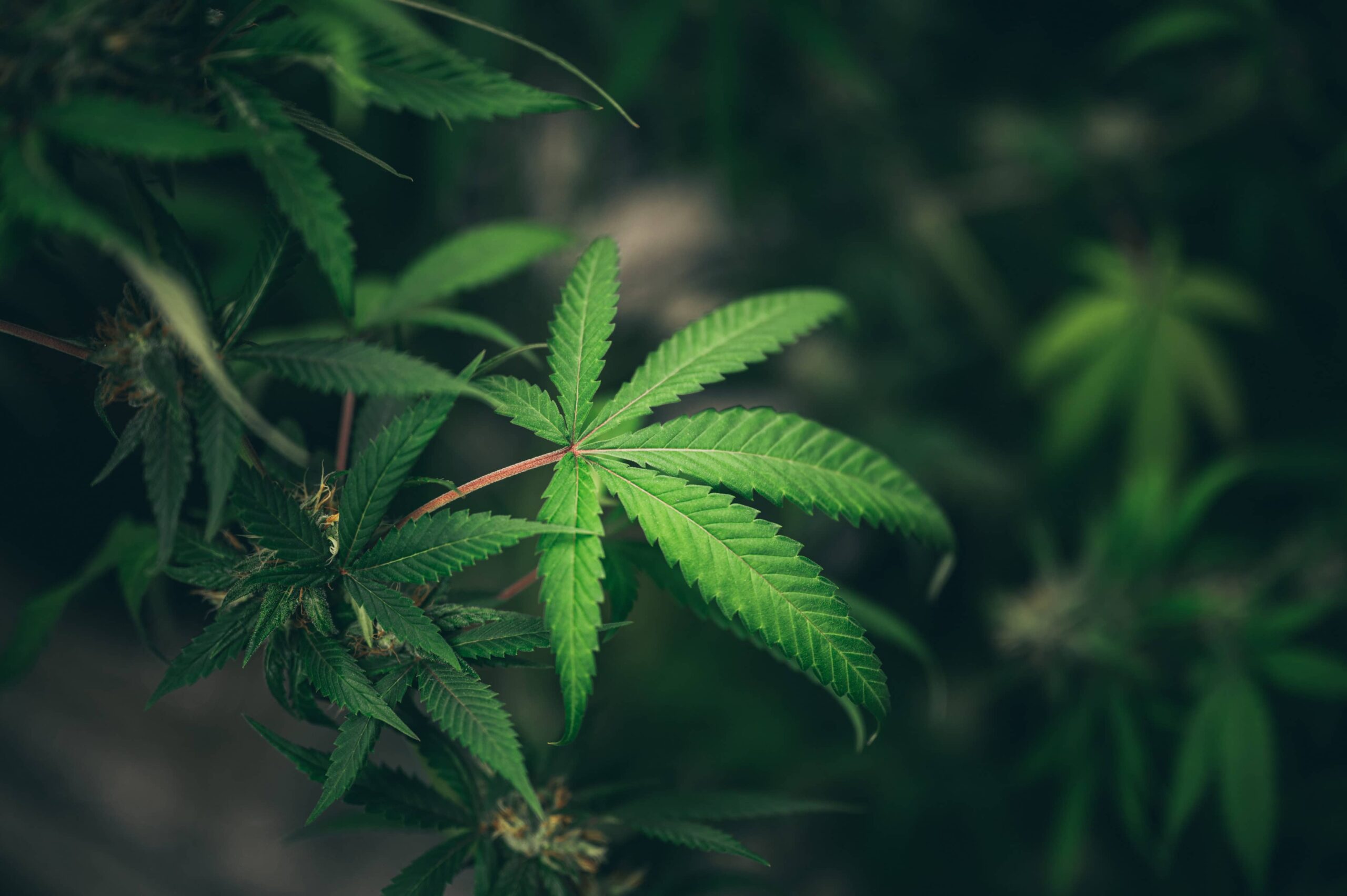
Michigan officials are questioning the weed lab’s high-THC findings
Questions are surfacing after Michigan regulators last month filed formal complaints against one of the state’s top cannabis testing labs. Cannabis testing above 28% THC and at times above 40% is subject to automated testing, and regulators say the lab results are wrong.
In May, the Michigan Cannabis Regulatory Agency (CRA) filed formal complaints against Viridis Laboratories, one of the state’s leading lab testing companies, but the lab is fighting back with a counterclaim of its own. According to formal complaints filed by the CRA on May 19, since December 2020, the CRA has identified discrepancies in laboratory results from Viridis Laboratories.
Consumers often question the THC levels found in lab results, but THC levels alone are not always a reliable indicator of potency. Conversely, there is tremendous pressure to increase THC levels across the board, as it’s one of the biggest drivers of cannabis sales.
“Potential inflation is an ongoing, long-standing, and well-known problem in cannabis in the U.S., especially in the legal markets right now…” Lev Spivak-Birndorf, founder and chief science officer of Ann Arbor-based PSI Labs, told MLive. “I call it the cycle of potency inflation: people want high potency, so shops are under pressure to try and deliver that… and that’s driving growers to seek out labs that give the best results, and therefore we have this rampant lab that buys that we’re up to something.”
Per CRA policy, agents review results for any flower that tests over 28% THC. And according to the complaints, Viridis samples reached that range 8.9% of the time, which is reportedly higher than most labs statewide.
Viridis was also the subject of the largest cannabis recall in state history. According to Viridis court filings, as of November 17, 2021, an estimated 64,000 pounds of cannabis was valued at nearly $230 million based on court filings.
However, Viridis filed a formal complaint of its own against the CRA in the state administrative court while the litigation is pending. The Michigan Chamber of Commerce supported Viridis by filing an amicus brief in support of Viridis, which said the CRA recall “unconstitutionally exceeds the scope of the agency’s legally authorized mandate.”
Viridis officials say the claims are “baseless” and targeted because the CRA wants a more even playing field with the limited number of testing labs.
“These CRA allegations against Viridis date back to last August and remain unfounded, unfounded and completely devoid of science, facts and data,” said Greg Michaud, CEO of Viridis.
“We intend to defend our company against these false allegations during the trial and to demonstrate the vindictive and retaliatory nature of CRA’s actions, which are clearly designed to cause maximum disruption and harm.
“Court-ordered proficiency test results held by Viridis and withheld by the CRA will directly contradict these findings, and we are confident that when all the facts come out, the truth will prevail. We hope these court cases will pave the way for greater transparency, accountability and reform at the CRA. We hope that one day the CRA can fulfill its true mission, which is to advance patient and product safety, rather than unfairly targeting Michigan businesses trying to grow, compete and create jobs.”
MLive pointed to a case where a sample allegedly containing 40% THC was challenged. One dispensary showed buds with over 50% total cannabinoids and 40.3% THC. The Spott, a licensed safety lab in Kalamazoo, conducted their own test and came up with a very different result. According to Spott, the flower contained around 26.4% THC, compared to the 40.3% the label claims.
Both procedures are still ongoing.

Post a comment: